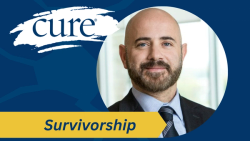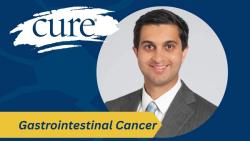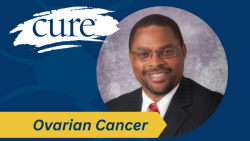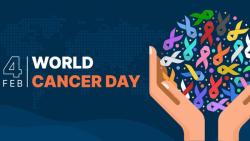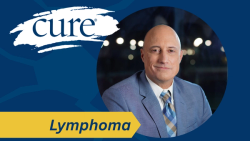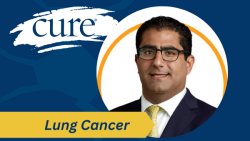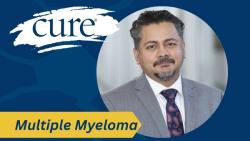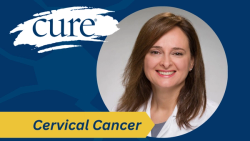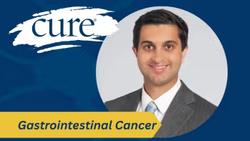What Patients With Liver Cancer Need to Know About Hepatitis B and C
“In my career of almost 30 years, I've never seen a liver cancer patient that did not have a chronic underlying liver disease,” Dr. Mindie H. Nguyen told CURE®.
In the world of cancer, liver cancer is unique, as Dr. Mindie H. Nguyen explained to CURE®.
“If you have no underlying chronic liver disease, there should be almost no chance that you would ever get HCC (hepatocellular carcinoma; the most common type of liver cancer). … In my career of almost 30 years, I've never seen a liver cancer patient that did not have a chronic underlying liver disease,” said Nguyen of the division of gastroenterology and hepatology at Stanford University Medical Center and the department of epidemiology and population health at Stanford University in Palo Alto, California.
Nguyen is the lead author of a study recently published in the Journal of Clinical Oncology which showed that while antiviral treatments can play a crucial role in the survival outcomes of patients with either hepatitis B (HBV) or hepatitis C (HCV) viruses and HCC, antiviral therapy is “severely underutilized” among patients with HBV- or HCV-related HCC who undergo curative resection (surgery).
CURE® spoke with Nguyen about HCC and its particular relationship with hepatitis B and C.
Transcript:
Liver cancer is not like, let's say, lung cancer. (With) lung cancer, somebody can get lung cancer because they smoke, but there are also types of lung cancer that are not related to smoking and occur in people who never smoked before. But liver cancer is quite different. If you have no underlying chronic liver disease, there should be almost no chance that you would ever get HCC. There are some (cases due to) exposure to some chemicals, but those are very rare. In my career of almost 30 years, I've never seen a liver cancer patient that did not have a chronic underlying liver disease.
And, 70% of the world's liver cancer is due to either hepatitis B or hepatitis C. ... They both cause liver cancer by two mechanisms. They cause inflammation and the inflammation, the fibrosis or scarring, that (then) causes molecular alterations that lead to cancer. Hepatitis B is a DNA virus. So, it can directly incorporate into our DNA, induces changes in our genes and cause cancer. So, both of them can definitely cause cancer.
What we would really hope is to treat people before they develop cancer, because there is a lot of literature showing that if we treat hepatitis B and hepatitis C patients with antiviral (medication), then their risk of liver cancer decreases dramatically, by about 70%. But what I'm showing (with) this (research) is that even for the people who are unfortunate enough to get liver cancer, getting rid of the virus will stop the inflammation and the damage process.
So, that (means) two things: one is after we treat them for their cancer, the cancer is much less likely to come back. That's one goal. The second goal is stopping the inflammation and fibrosis and the damage also preserves the liver function, so that if the liver cancer were to come back, at least the liver function will be good and the patient can be a candidate for future additional liver cancer treatment. Because one of the great limiting steps for cancer treatment is liver function, there are people who come (for treatment) and we have many things to treat (them with), we can do surgery, you can do this and that, but if the liver function is poor, no treatment can be offered because almost any treatment will have the potential of making the liver function worse, and the patient may die faster than if we (were to) leave them alone.
Transcript edited for length and clarity.
For more news on cancer updates, research and education, don’t forget to subscribe to CURE®’s newsletters here.
Related Content
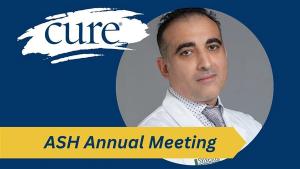 What Does Minimal Residual Disease Mean?
What Does Minimal Residual Disease Mean?December 11th 2025
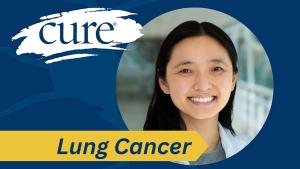 Expert Shares Advice for Navigating a New Lung Cancer Diagnosis
Expert Shares Advice for Navigating a New Lung Cancer DiagnosisNovember 27th 2025
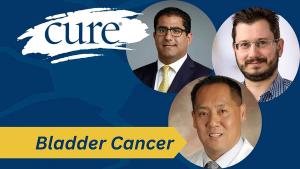 Experts Discuss Next Steps in Perioperative Bladder Cancer Treatment
Experts Discuss Next Steps in Perioperative Bladder Cancer TreatmentNovember 11th 2025
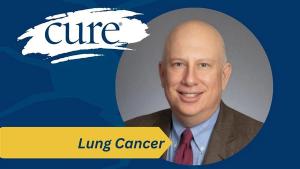 What Is the Difference Between a Clinical Trial and a Real-World Study?
What Is the Difference Between a Clinical Trial and a Real-World Study?September 27th 2025
 Understanding Head and Neck Cancer: A Guide for Newly Diagnosed Patients
Understanding Head and Neck Cancer: A Guide for Newly Diagnosed PatientsSeptember 12th 2025
View additional resources on CureToday.com


